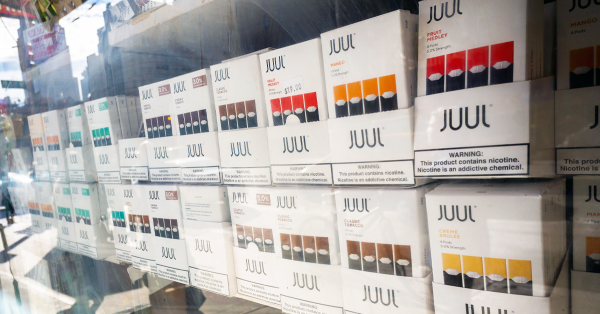Restasis Antitrust Litigation
In Re: Restasis Antitrust Litigation, MDL No. 2819 (E.D.N.Y.).
A Settlement totaling $29,999,999.99 was been reached in the class action antitrust lawsuit against Allergan about the price that consumers and third-party payors paid for Restasis®. Consumers or third-party payors who purchased, paid for, and/or reimbursed all or part of the cost of Restasis® in certain states during the period from May 1, 2015, through July 31, 2021 (or, in Arkansas, May 1, 2015, through July 31, 2017) were eligible to recover money from the Settlement. The claims period has now closed.
More information is available on the settlement website at restasislitigation.com.
Lieff Cabraser served as co-lead counsel for indirect purchasers (i.e., third-party payors and consumers) of Restasis, a blockbuster drug used to treat dry-eye disease, in multidistrict litigation alleging a broad-based and ongoing anticompetitive scheme by pharmaceutical giant Allergan, Inc.
In late 2018, plaintiffs successfully defeated defendant’s motion to dismiss the case. In May of 2020, the Court granted plaintiffs’ class certification motion and plaintiffs’ motion to exclude two of the defendants’ experts. The Second Circuit Court denied defendants’ appeal of the case.
Background on the Case
The goal of the alleged scheme was to maintain Allergan’s monopoly. Lieff Cabraser, together with co-counsel, filed the first two class actions on behalf of indirect purchasers.
The complaints alleged that Allergan (1) fraudulently procured patents it knew were invalid, (2) caused those invalid patents to be listed in the FDA’s “Orange Book” as being applicable to Restasis, (3) used the improper Orange Book listings as grounds for filing baseless patent-infringement litigation, (4) abused the FDA’s “citizen petition” process, and (5) used a “sham” transfer of the invalid patents to the Saint Regis Mohawk Tribe to obtain tribal sovereign immunity and protect the patents from challenge.
This alleged scheme of government petitioning delayed competition from generic equivalents to Restasis that would have been just as safe and cheaper for consumers. The complaints asserted claims under federal and state law, including the Sherman Act and the statutory and common law of numerous states.
Civil Litigation News
Douglas Cuthbertson to Discuss “Consumer Data Privacy” at Upcoming NASCAT Annual Meeting
Lieff Cabraser partner Douglas Cuthbertson will be a featured speaker at the 2025 NASCAT annual meeting. Doug will be speaking on the
San Francisco Schools Receive Financial Boost From Settlement With JUUL
As reported by the S.F. Chronicle, the San Francisco Unified School District has been awarded a substantial $24.65
Final Approval Granted to Historic $235M Settlement with Altria in National JUUL Youth E-Cigarette Predatory Advertising, Addiction and Injury Litigation
On March 14, 2024, U.S. District Judge William Orrick of the Northern District of California issued an order granting final approval to a comprehensive
















